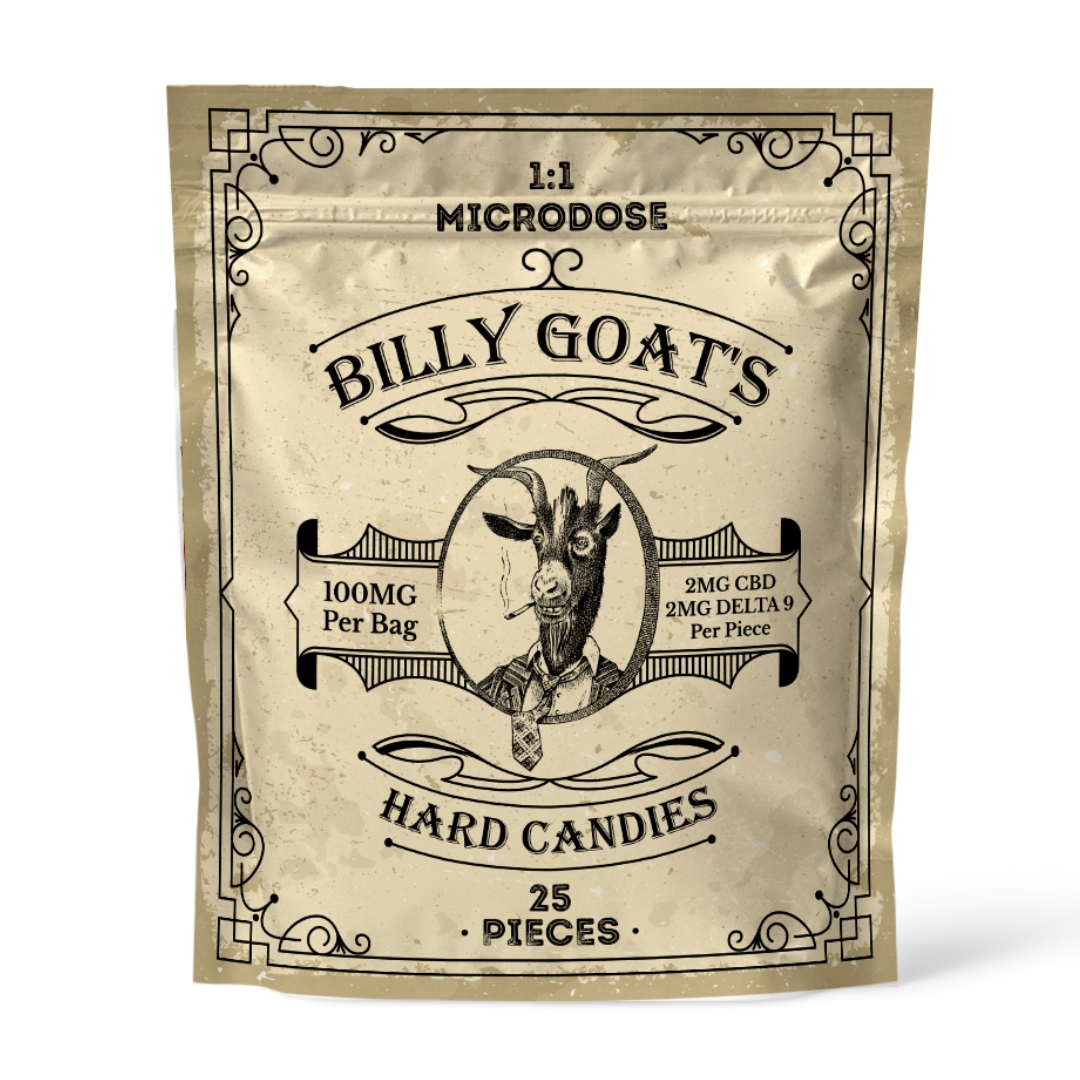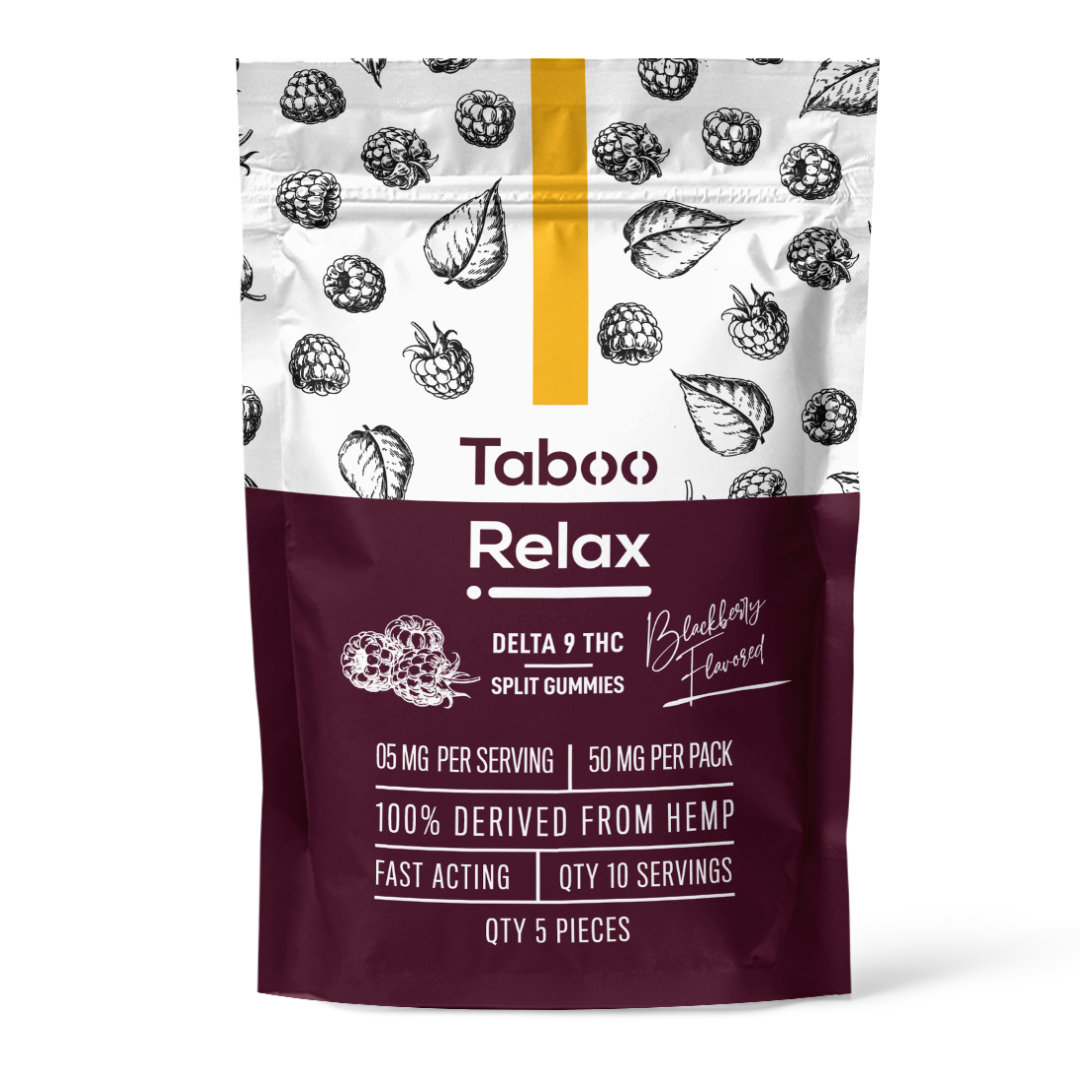
During the first six months of 2024, several state legislatures have gone after the hemp-based intoxicant market, citing public health concerns, particularly among underage minors. With the mass proliferation of products containing intoxicating hemp derivatives (IHDs) nationwide, there is legitimate concern over the "mildly regulated" hemp-based product industry.
While the U.S. Food & Drug Administration (FDA) has expressed an almost negligent disinterest in developing regulatory guidelines for the fast-growing and much-needed plant medicine sector, state lawmakers and health officials have predominantly been responsible for creating and enforcing rules to manage the widespread and at times, unwieldy hemp market.
The primary focus of concern among most state leaders centers on keeping IHD edibles, like gummies, out of the hands of children. There have been numerous cases involving underage minors falling ill after consuming IHD items, which has prompted several state assemblies to act.
One area that has largely survived the state-level legislative attacks on hemp is the IHD-infused beverage market. While a few states have passed bills to address specific regulatory requirements for the alcohol alternative, the young and still-developing market subsector has enjoyed a mostly scrutiny-free existence.
However, according to multiple media sources, a new law in Iowa is now threatening the state's THC-infused beverage market, prompting a lawsuit by a pair of beverage manufacturers in the state.
According to the details of the suit, Climbing Kites, a Polk County beverage manufacturer, and Field Day Brewing Co., the Johnson County producer of the Day Dreamer line of cannabis sparkling water, are suing the Iowa Department of Health and Human Services (DHHS) in U.S. District Court over its interpretation of a new statute severely restricting THC levels in adult beverages.
The measure, House File 2605, which passed both chambers of the Iowa State Legislature and was signed into law by the governor on May 17, stipulates that "the THC, or tetrahydrocannabinol, concentration in a consumable must be less than, or equal to, three-tenths of 1 percent on a dry-weight basis, or equal to or less than 4 milligrams per serving."
"The THC, or tetrahydrocannabinol, concentration in a consumable must be less than, or equal to, three-tenths of 1 percent on a dry-weight basis, or equal to or less than 4 milligrams per serving."
- New Iowa Law (House File 2605) Restricting THC Levels in Consumables
Prior to the law's passage, both Climbing Kites and Field Day comfortably produced high-quality beverage products that also met the already aggressively strict regulations of a 2020 law, which established a consumable hemp program with a maximum THC concentration of 0.3% THC or less for food and beverage items (the same as the federal threshold for hemp).
With the new law taking effect on July 1, DHHS recently sent out written guidance for manufacturers and retailers. According to the new rules, the department now considers a "serving" to be a 12-ounce container, which means a can of Climbing Kites or Day Dreamer will only be allowed to contain 4 milligrams of THC or less.
Per the lawsuit, that new limit directly conflicts with the 2020 law that states "a consumable may contain up to 10 milligrams of THC per container." As a result, the companies assert that "the department will criminalize all (of their) beverage containers smaller than 12 fluid ounces" once the new law takes effect, rendering roughly 80% of their current inventories illegal.
"Products that account for approximately 85% of plaintiffs' revenue will become illegal because of the department's interpretation," the lawsuit claims.
"Products that account for approximately 85% of plaintiffs' revenue will become illegal because of the department's interpretation."
- Details of Lawsuit Brought Against the Iowa Dept. of Health and Human Services
By magnifying the administrative and enforcement minefield currently facing hemp industry advocates and stakeholders, the suit also alleges that the state is violating the Supremacy Clause of the U.S. Constitution, emphasizing the FDA's overriding jurisdiction in overseeing food safety.
Through their joint legal action against the Iowa DHHS, the two companies are seeking:
-
An immediate injunction to prevent the DHHS from enforcing the law's new limits.
-
An order from the court declaring that the state-imposed potency limit of 4 milligrams per serving violates the U.S. Constitution.
-
An additional ruling declaring the DHHS has no authority to use its own interpretation of the provisions contained in House File 2605 in any manner beyond the plain language of the law.
As the war against the hemp industry continues to wage in state legislatures, courthouses, and the media, strong and decisive voices are needed to provide clarity, legitimacy, and integrity to this economic and existential struggle. Some states, like Minnesota, Kentucky, and others, are trying to create a peaceful, safe, and mutually beneficial co-existence for hemp producers and retailers.
Others, like Iowa, seem myopically intent on eviscerating an industry set to generate more than $30 billion nationwide in 2024. This war must end with a reasonable and attainable solution for all interested parties. The lives and livelihoods of too many hard-working Americans lie in the balance. It's "high" time for political and business leaders to earn their money.


































